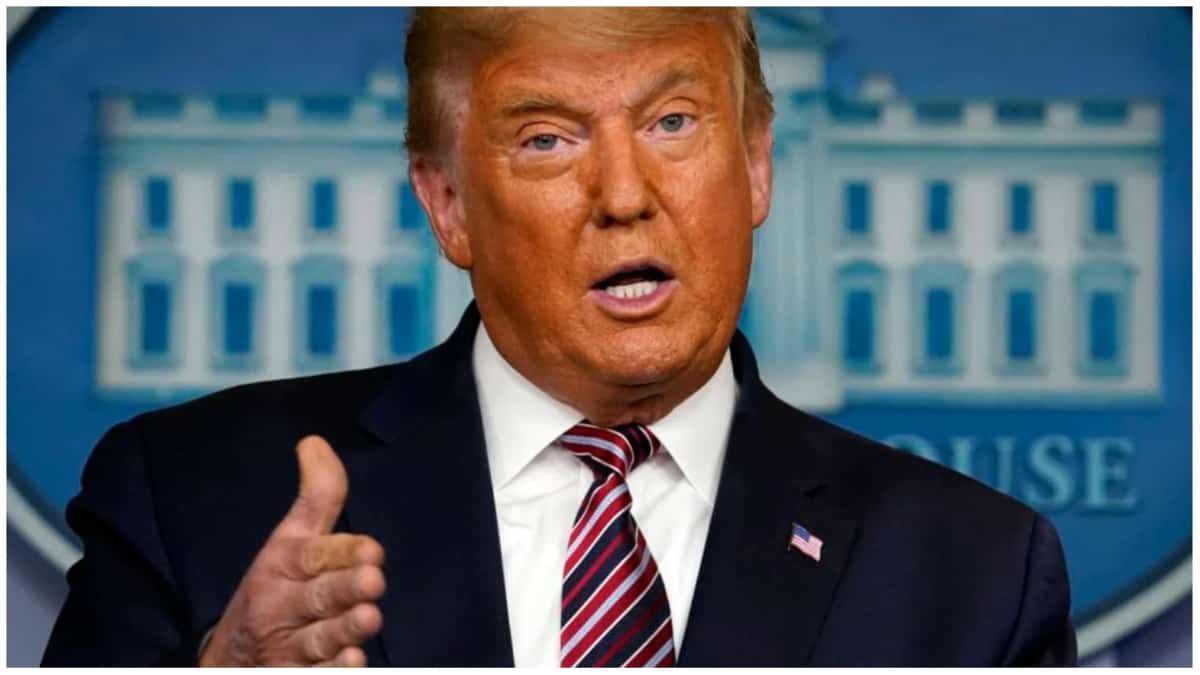This post originally appeared at https://www.wisconsinrightnow.com/classified-documents-trial/

A federal judge on Friday denied former President Donald Trump’s motion to delay his classified documents trial until after the 2024 presidential election.
Trump, 77, the frontrunner for the GOP nomination to challenge incumbent President Joe Biden, has pleaded not guilty to 40 felony counts that allege he kept sensitive military documents, shared them with people who didn’t have security clearance and tried to thwart the government’s attempts to get them back.
Trump and his attorneys have argued that prosecutors have proposed an unrealistic schedule for what’s expected to be a complex case, especially in light of Trump’s pending criminal charges in Washington D.C., Georgia and New York.
U.S. District Court Judge Aileen Cannon agreed Friday to push back some pre-trial deadlines but said it was “premature” to postpone the trial date. The trial is set to start in May 2024, right in the middle of the Republican presidential primary calendar. The judge said she will consider the issue again at a conference set to take place on March 1.
“First, and most significantly, the quantity of discovery in this case remains exceedingly voluminous, even more so than initially thought,” Cannon wrote in her order. “To be sure, the Special Counsel has taken various steps to produce discovery on a regular basis. But even with these efforts, discovery has increased sizably from initial estimates.”
The case involves about 1.3 million pages of unclassified discovery, 60 terabytes of closed-circuit television footage, and 5,500 pages of classified discovery.
Cannon also cited other issues, including the complexity of the case, significant disagreements between defense attorneys and prosecutors, and Trump’s other pending trials.
“The Court cannot ignore the realities of pretrial and trial schedules in two other criminal matters,” she noted, citing the federal case in Washington D.C., where Trump stands accused of trying to interfere with the transfer of power after the 2020 election and the New York hush-money case.
Brett Rowland
Go to Source
Reposted with permission